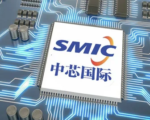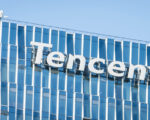Google is reportedly forging a new partnership with Taiwan’s MediaTek to develop the next generation of its Tensor Processing Units (TPUs), a key component in its AI infrastructure. According to a report by The Information, this collaboration is set to take shape next year, bringing MediaTek’s expertise in chip design together with Google’s ambitions in the AI space. This marks a significant shift in Google’s approach to chip development, especially after years of working exclusively with Broadcom on the design of its AI chips.
Despite this new partnership, Google has not severed its ties with Broadcom, suggesting that the company plans to maintain a diverse strategy for chip design. Broadcom has been instrumental in creating the AI chips that power Google’s internal research, development, and cloud services. A source from the San Jose-based company confirmed that Google continues to collaborate with Broadcom, indicating that the tech giant is adopting a multi-vendor strategy rather than relying solely on one partner.
The move to work with MediaTek comes at a time when Nvidia continues to dominate the AI chip market. Google, however, has taken steps to reduce its reliance on Nvidia’s chips by designing its own AI server processors. These in-house chips allow Google to serve both its internal needs and cloud customers, thus giving it a competitive edge. This strategy also provides greater flexibility and control over its AI infrastructure, a significant advantage as the demand for specialized AI hardware surges.
In late 2024, Google introduced its sixth-generation TPU, designed to provide a viable alternative to Nvidia’s offerings. This new generation of chips is a key part of Google’s effort to carve out a stronger position in the competitive AI space, offering its cloud customers a solution that isn’t as dependent on Nvidia. With rivals such as OpenAI, supported by Microsoft, and Meta also ramping up their AI capabilities, Google’s diversified approach to chip design is becoming increasingly important in maintaining its leadership in the cloud and AI sectors.

















